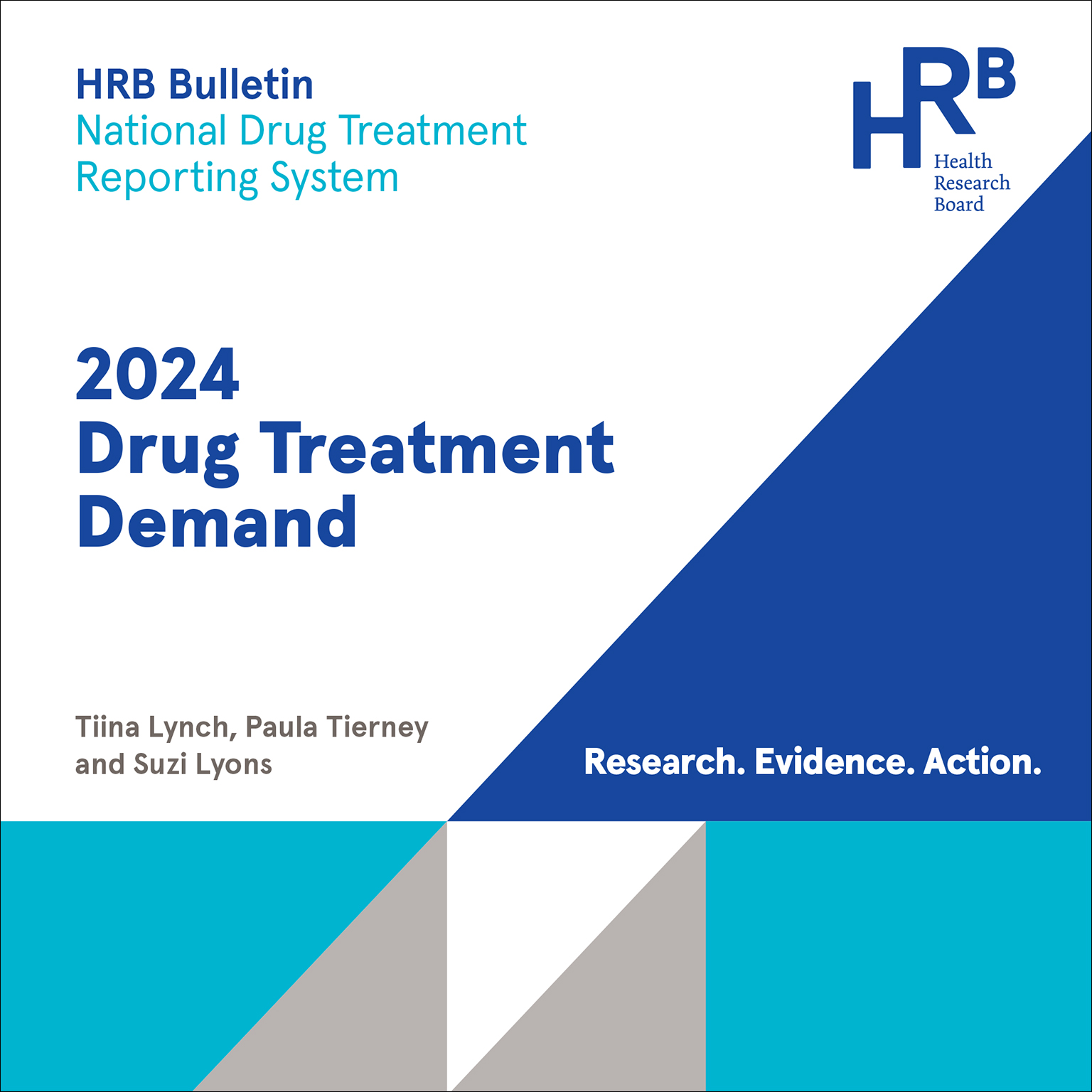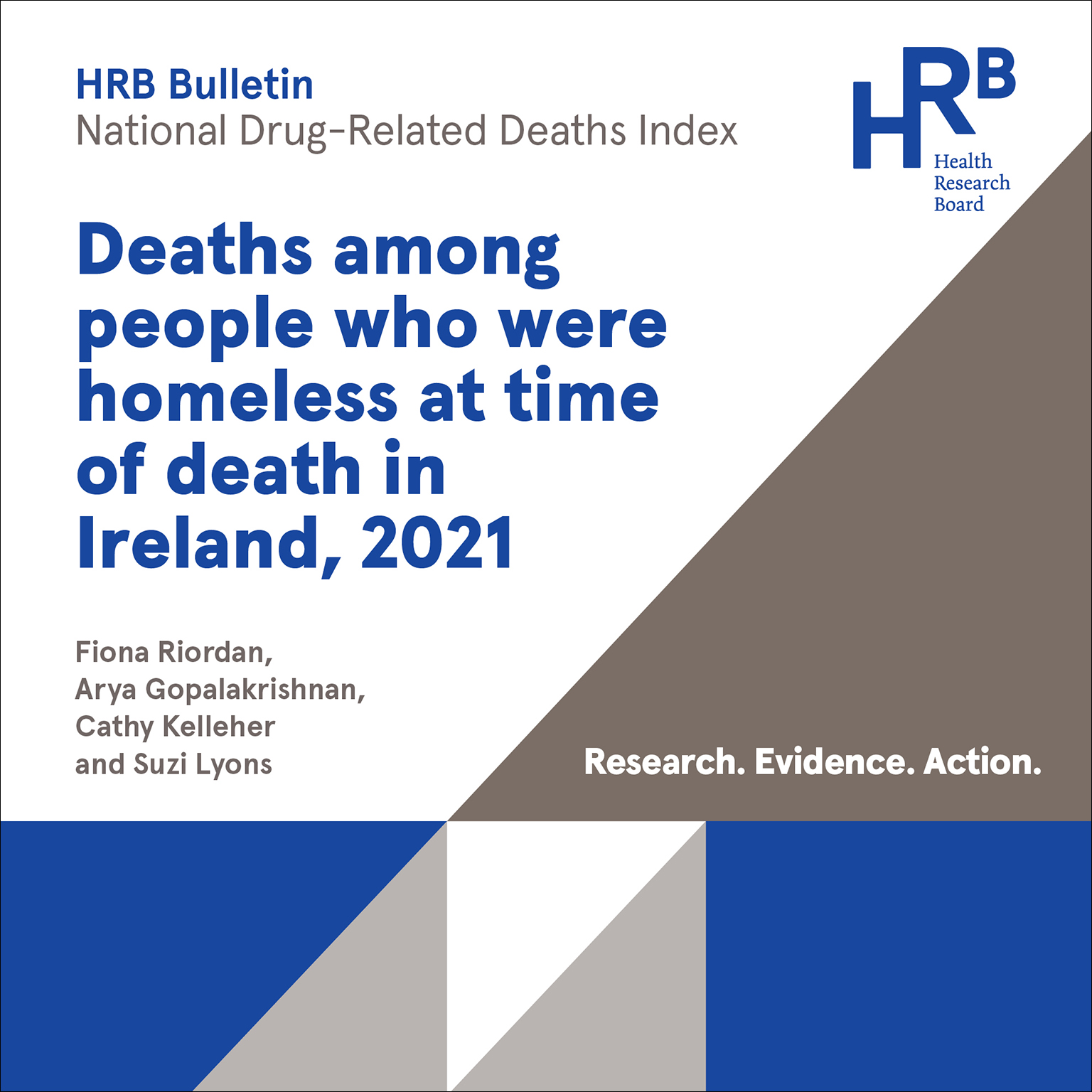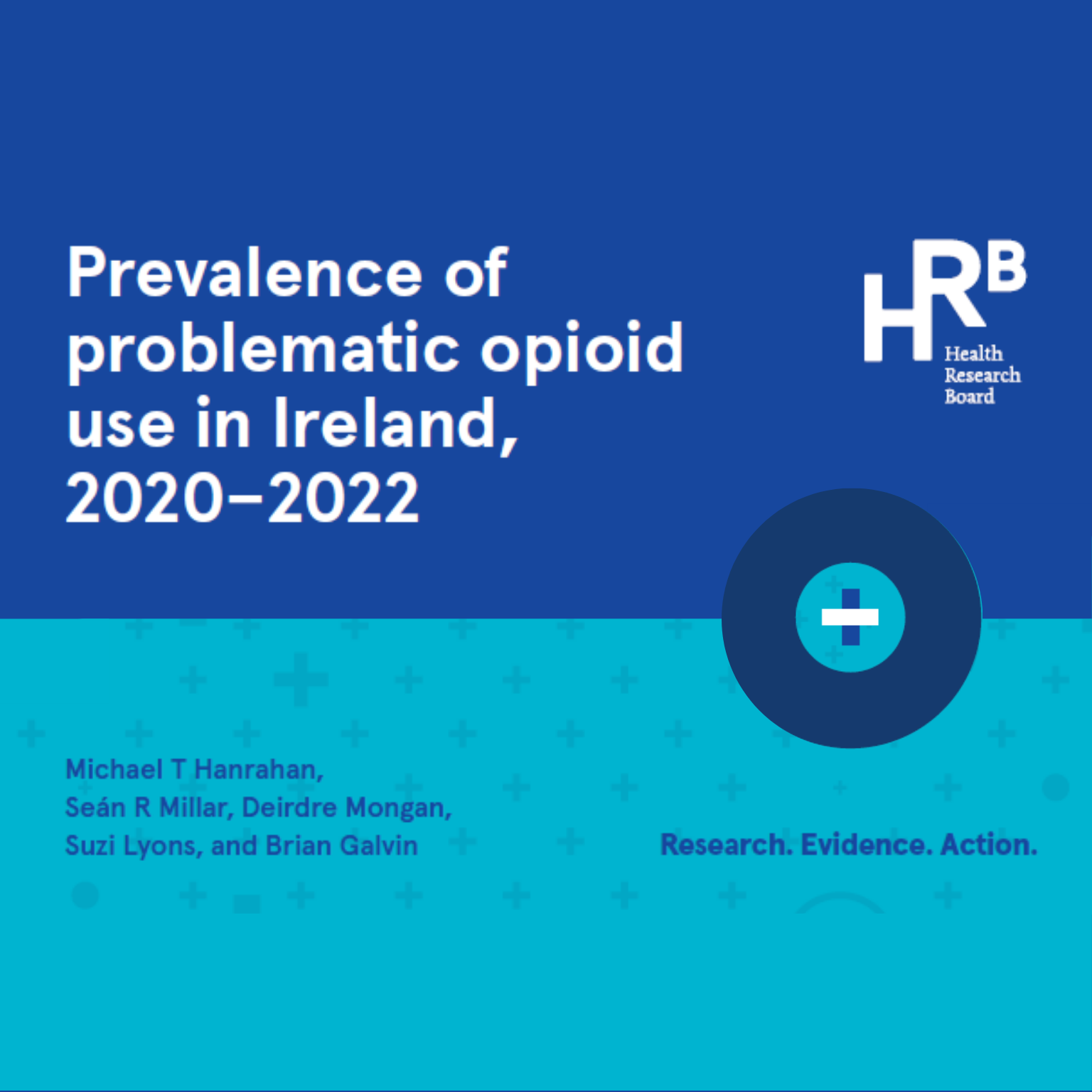Stopping Heart Failure – More than 3,000 people benefit as result of Irish led trial
More than 3,000 Irish patients are now benefitting from a new intervention which prevents heart failure and that could help to avoid more than 17,250 hospital admissions a year.
4 min read - 23 Nov 2017
The intervention builds on the STOP-Heart Failure Trial, which showed a 45% reduction in new onset heart failure and a drop of 40% in the incidence of admissions for other major cardiovascular events, such as stroke and heart attack. The trial involving more than 1,350 Irish patients and 39 GP practices was conducted by researchers in University College Dublin (UCD) and funded by the Health Research Board (HRB).
In practice, this new approach uses a simple blood test to measure a protein called natriuretic peptide. Natriuretic peptide is released by the heart when it is under stress or strain. Participants with an elevated level of natriuretic peptide are given a heart ultrasound, lifestyle advice and given a collaborative care plan that was reviewed by both their GP and cardiologist. The researchers closely measured the impact of using this screening and collaborative care approach for patients who were at risk of heart failure and compared it to current practice.
The STOP Heart Failure intervention is currently provided as a routine clinical service, supported by the Heartbeat Trust in St Michaels Dun Laoghaire and a limited number of general practices in the Midlands.
According to HRB Clinician Scientist, Professor Ken McDonald, St Vincent’s University Hospital and UCD,
‘Heart failure affects over 90,000 people in Ireland and is one of the main reason reasons for visits to our Emergency Departments. Our study has shown that for every 1,000 patients enrolled, 8 hospitalisations for cardiovascular reasons are prevented every year. Approximately 1 million people in Ireland are STOP-HF candidates. On that basis – rolling out the STOP-HF method at a national level to all these people could prevent 17,250 hospital admissions per year, the equivalent of 138,000 bed days, and could generate the equivalent of 378 new hospital beds for the health system within five years’.
Mr John Donovan, a patient participating in the service says,
‘The fact that I am standing here at all today is testament to the ongoing care I get from the STOP Heart Failure team. Being involved in this trial highlighted blood pressure and cholesterol problems I was having. And more importantly, the team helped me get it these under control.
‘They are exceptional and the regular interaction with them also keeps the importance of exercise front and centre. I am engaging in competitive sport and eat a healthy diet as a result. If I hadn’t done, I would not have been able to have two hip operations – which in turn have enabled me to continue being active. It’s a win-win’.
Originally published in 2013 in the Journal of the American Medical Association, this approach to care has recently been adopted into US Cardiovascular Guidelines. It is also adopted into Canadian guidelines and won the Royal College of General Practitioners Research Paper of the Year.
Dr Mairead O Driscoll, Interim Chief Executive at the Health Research Board said,
‘Research saves lives. This is a concrete example of how funding research can directly impact patient’s lives and approaches to health care. We should also take pride that Irish research is having an international influence on guidelines in North America as they adopt this new approach to care into their National Guidelines in the USA and Canada’.
The Irish College of General Practitioners (ICGP) have been central to pioneering this research through GP surgeries and this study demonstrates who collaborative research between general practitioners and specialists in Ireland can have a major impact on international healthcare guidelines.
‘STOP-HF recognises the complex adaptive nature of GP led care for this important condition. We know that it fits very well with GP Teams, and we now believe that it is capable of being scaled and operationalised on a national basis. It represents a major advance beyond previous guideline based models, and truly reflects primary care considerations as opposed to a secondary care perspective’, observes Dr Brendan O’Shea, Director of the Post-Graduate Resource Centre at the ICGP.
‘As a process of care it utilises multiple modalities whereby expertise can diffuse into communities and it reduces the need for people with risk factors for Heart Failure to travel to Hospitals while improving the quality of care they can access’.
Notes to editors
This new intervention is based on original research conducted in UCD and funded by the HRB which was published in JAMA
https://jamanetwork.com/journals/jama/fullarticle/1707723
The cost effectiveness paper in relation to the original researchhttps://www.ncbi.nlm.nih.gov/pubmed/26139583
The latest American and Canadian Guidelines based on these Irish findingshttp://circ.ahajournals.org/content/early/2017/04/26/CIR.0000000000000509http://www.onlinecjc.ca/article/S0828-282X(14)01492-5/references
ENDS
For more information or to organise interviews please contact:
Brian Cummins, Communications Officer, Health Research Board
m +353 85 8879313, e bcummins@hrb.ie
4 min read - 23 Nov 2017



